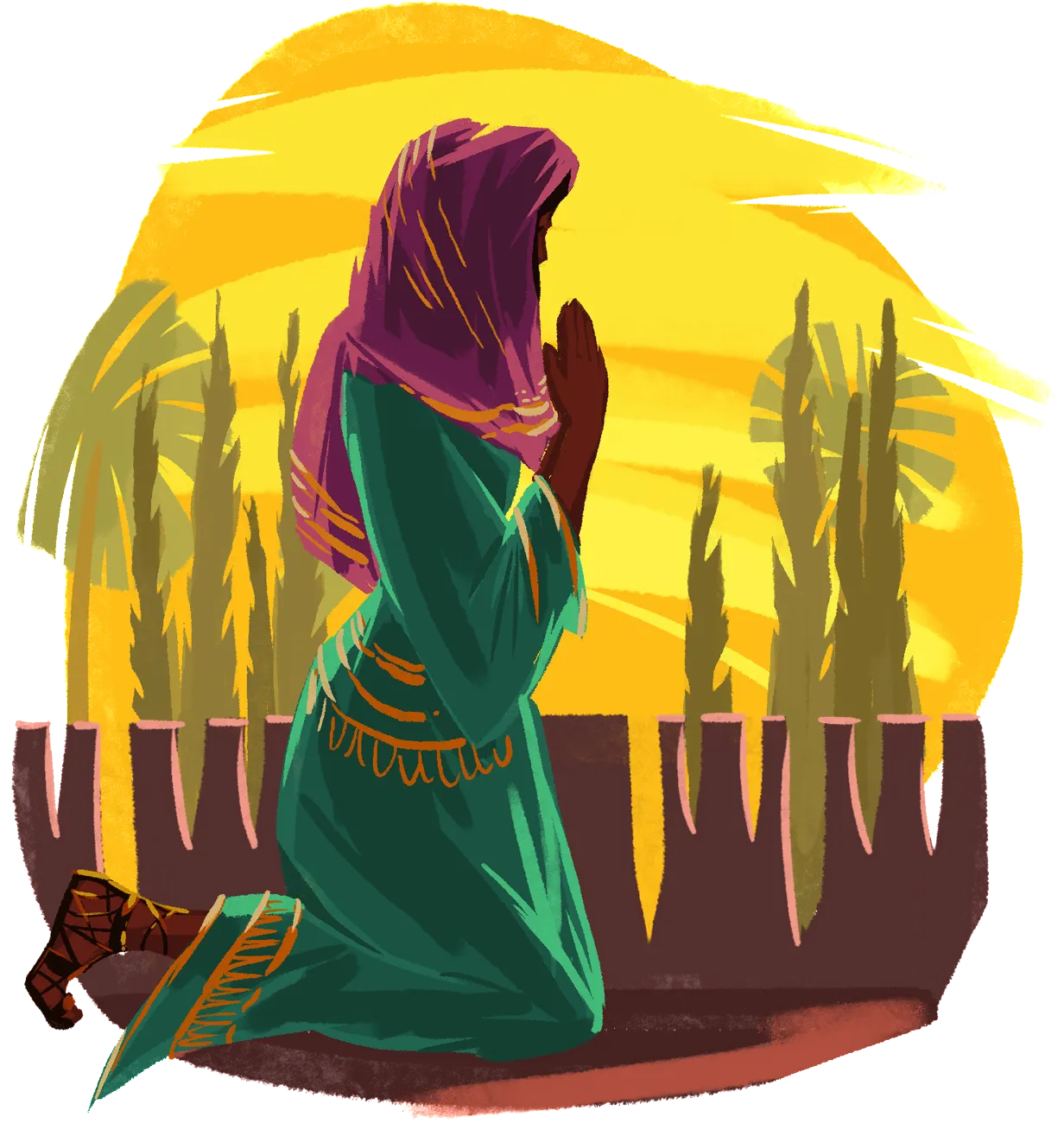Loading…
Esther, the Hebrew Girl Who Became Queen

Nearly fifty thousand children of the captivity had taken advantage of the decree permitting their return. These, however, were no more than a mere remnant. Hundreds of thousands of Israelites had chosen to remain in Medo-Persia rather than endure the hardships of the return journey and of reestablishing their ruined cities and homes. 2TC 294.2
After twenty or more years passed, Darius Hystaspes, the monarch then ruling, issued another favorable decree. In this way God mercifully provided another opportunity for the Jews to return to the land of their ancestors. The Lord foresaw the trouble-filled times that were to follow during the reign of Xerxes (Ahasuerus of the book of Esther), and He inspired Zechariah to plead with the exiles to return: 2TC 294.3
“‘Up, Zion! Escape, you who dwell with the daughter of Babylon.’ For thus says the Lord of hosts: ‘He sent Me after glory, to the nations which plunder you; for he who touches you touches the apple of His eye. For surely I will shake My hand against them, and they shall become spoil for their servants. Then you will know that the Lord of hosts has sent Me.’” Zechariah 2:7-9. 2TC 295.1
It was still the Lord’s intent that His people should glorify His name. He had given them many opportunities to return to Him. Some had chosen to listen, and some had found salvation in the midst of affliction. Many of these were among the remnant that would return. 2TC 295.2
Those “whose spirits God had moved” (Ezra 1:5) returned under the decree of Cyrus. But God did not stop pleading with those who remained voluntarily in the land of exile, and in various ways He made it possible for them also to return. However, most of those who failed to respond to the decree remained unimpressible, and even when Zechariah warned them to escape from Babylon, they did not accept the invitation. 2TC 295.3
